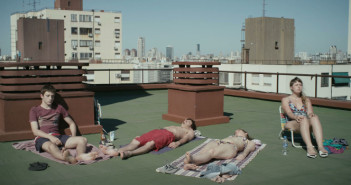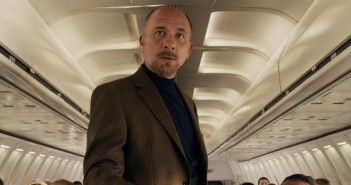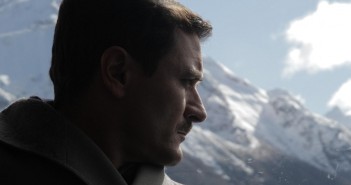Many new Argentine films dream of the country. While the nation’s soap operas and television news prefer the city, some of its movies travel out to nature. Perhaps the most extraordinary exponent of this trend is Lisandro Alonso, who, along with Thai master Apichatpong Weerasethakul, is perhaps one of the strongest nature filmmakers in the world, capable of extracting existential and spiritual mystery from a few swaying trees. We might also mention Lucrecia Martel’s rural landscapes, although these, in Martel, are always juxtaposed with the interior design of bourgeoisie decadence. Equally noteworthy is Mariano Llinás’ Extraordinary Stories, with its real-time excursions down winding streams and tall grass, reminiscent of Alonso’s greatest long takes in his masterpiece, Los Muertos. Into this tradition – which includes many other films, some of which I haven’t seen yet, like Fadel’s Los Salvajes and Otheguy’s La León – walks The Vampire Spider, by Gabriel Medina.






